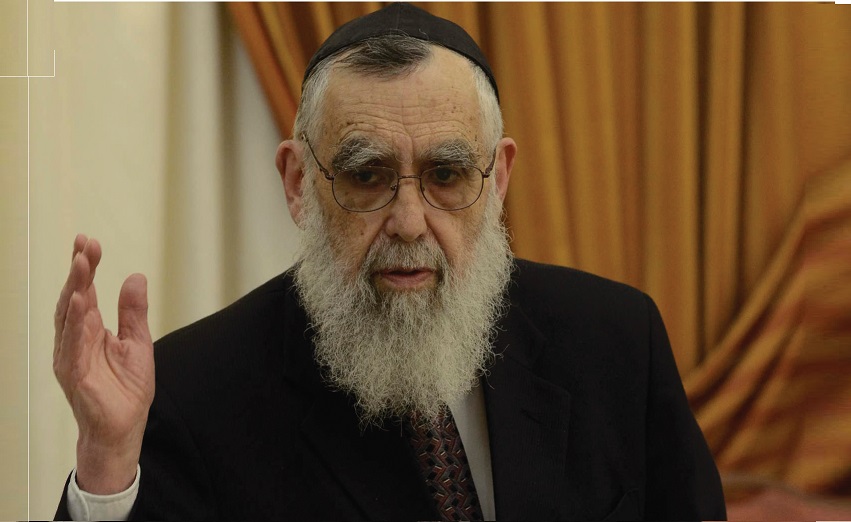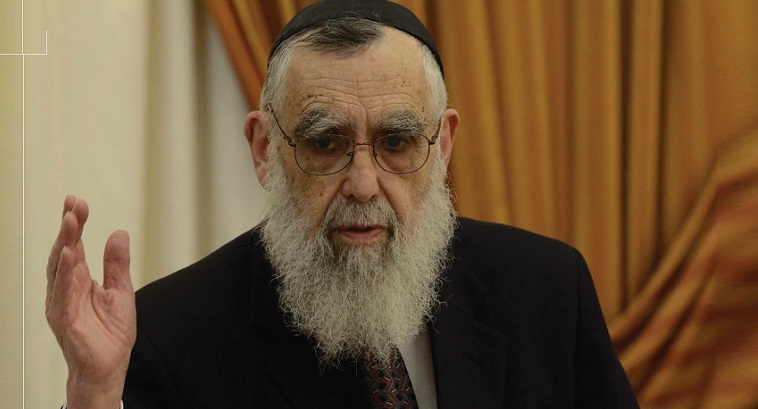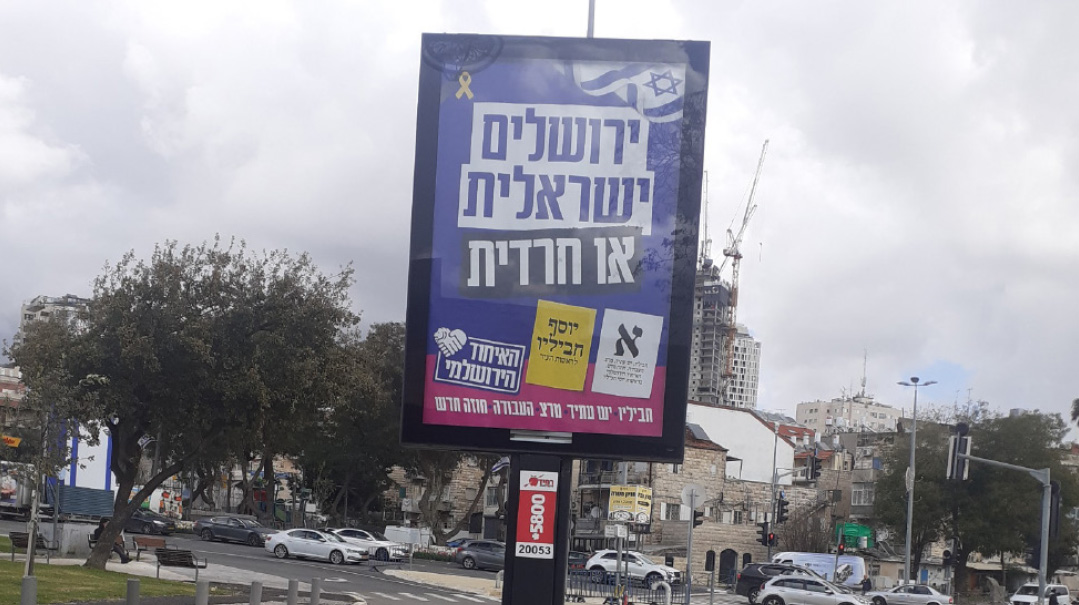A Little Three-Letter Word

M
ah nishtanah halailah hazeh? Plenty.
We are all united in our aloneness this Pesach, physically apart but spiritually together as never before. Quarantine and isolation are necessary though profoundly painful and discomfiting — but it helps us realize how utterly dependent we are upon one another.
We will handle it, we will see it through, even though it is very deleterious to us as human beings not to have any contact with one another.
G-d Himself says it explicitly just before |He creates Chavah: Lo tov heyos ha-adam levado,” It is not good for man to be alone….” From the very beginning of Creation, loneliness is not good. There have always been pairs that helped nurture the continued existence of life. Procreation itself cannot be done in isolation, but is a product of two entities, of the union of two separate individuals, and the very continuation of life requires the existence of others — that which we call society.
In chapter 30 of Shemos we find a very strange commandment. The Torah requires each Israelite to contribute a half shekel for the maintenance of sacred activities: “…the wealthy may not give more, the pauper may not give less….”But why cannot a wealthy person give more than a half shekel? Perhaps the lesson is that no man is an entity unto himself, that he is only a portion, a half, and he requires another half to make of himself a whole and complete entity.
Connectivity between people and within nature is built into the universe, the indispensable building block of creation. There is no Adam without Chavah, no Avraham without Sarah, no Yitzchak without Rivkah, no Yaakov without Leah and Rochel, no Moshe without the Children of Israel, and no Children of Israel without G-d. The connective word, “and,” is the cement of the universe.
Man, by his very nature, is dependent on others. Not only in infancy but throughout life man requires others to help him develop his mind and skills and personality. In isolation, he withers and dies. When companionship and camaraderie are lacking, we echo the lonely cry of King David in Psalm 88:19: “Thou hast distanced from me both beloved and friend…”
Occasional solitude is of course necessary, but forced isolation and distance from others takes it toll. Which is why solitary confinement was the severest punishment, short of death, in the classic penal system.
Perhaps our present isolation is in some mysterious way a measure-for-measure retribution for our normal preoccupation with our selves, and for our inability to see the other around us. We have avoided contact with the other; now we are forbidden to have contact with the other, even when we want to. And because we have often avoided genuine contact with the Almighty Himself via prayer and Torah study, we are now against our will cut off from His shuls, yeshivos, and study halls.
We will all have lonely Pesach Sedorim this year, isolated from family and friends. But we are all united in our loneliness and in our faith that before long all this will be behind us. At that point, when the walls of isolation come tumbling down, our gratitude will be manifested in a renewed and deepened connection with the other next to us and the Other above us.
On that day, we will restore that little three-letter word, “and,” to its rightful place in our daily lexicon.
(Originally featured in Mishpacha, Issue 806)
Oops! We could not locate your form.



